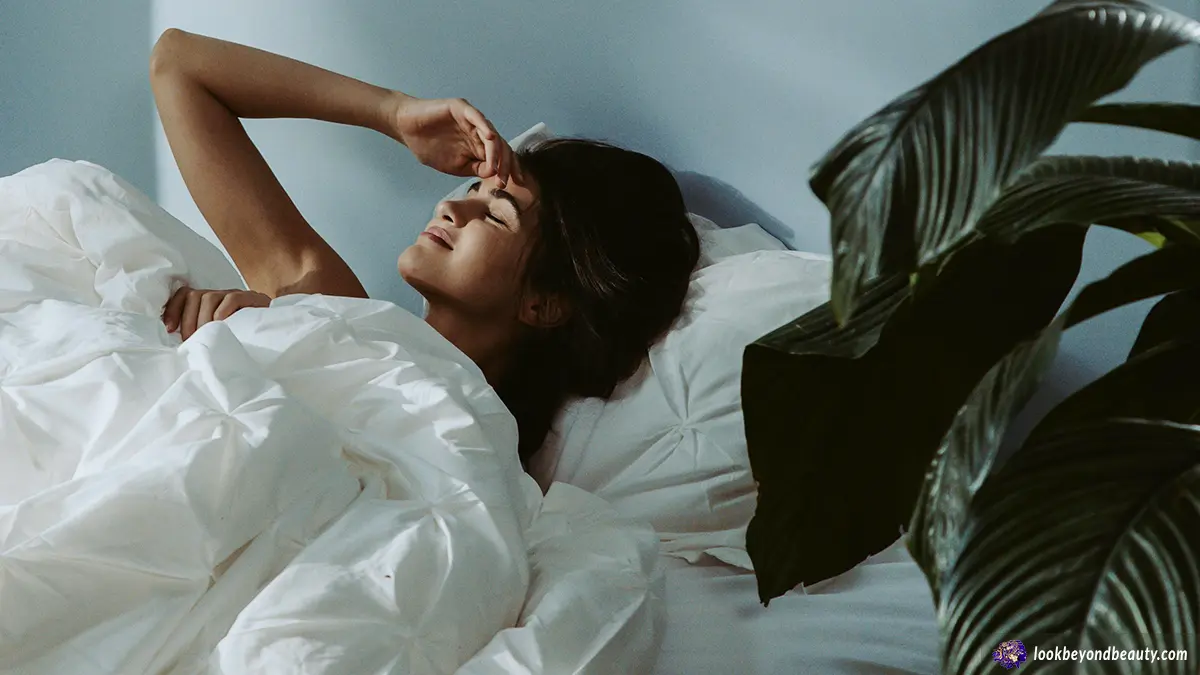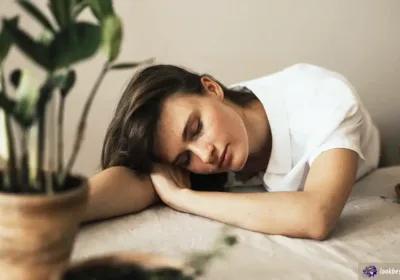Types Of Sleep Disorders: Why Rest Isn’t The Same For Everyone

Did you know there are over 80 identified sleep disorders, according to the American Academy of Sleep Medicine? Millions of Americans suffer from conditions that quietly interrupt their rest, often without even knowing it.
Sleep plays a vital role in overall health and well-being, yet millions of people struggle with sleep-related issues every night. Understanding the different types of sleep disorders can help identify symptoms early and guide people toward proper treatment. While sleep problems can vary in severity, most fall into one of five main categories.
5 Types of Sleep Disorders and Symptoms
Sleep problems stem from conditions that affect a person’s ability to fall asleep, stay asleep, or get quality rest. Below we explore five most common types of sleep disorders.
1. Insomnia
Insomnia is the most common type of sleep disorder which is difficulty falling asleep or staying asleep. Common causes include stress, anxiety, hormonal changes, or depression. Individuals lie awake for hours or wake up too early. The inside-out insight to this disorder include chronic stress and unprocessed emotions that often show up through the nervous system first in your sleep.
2. Sleep Apnea
Sleep apnea is where breathing repeatedly stops during sleep, leading to fatigue even after a full night’s rest. It’s most common in men and those who are overweight, and often entails risks of heart disease, high blood press, or stroke. However, treatment options are available such as Continuous Positive Airway Pressure devices, lifestyle changes, and weight management.
3. Narcolepsy
Narcolepsy is excessive daytime sleepiness that can cause sudden sleep attacks, even during work or conversations. It’s caused by a reduction of hypocretin; a brain chemical controlling alertness. As an inside-out note, narcolepsy is often misunderstood as laziness, but it’s a true neurological imbalance.
4. Parasomnias
Undesirable behaviors during sleep such as sleepwalking, talking, or vivid dream movement (REM Behavior Disorder). It affects children, but can also occur in adults over 50. During parasomnias, the body acts out dreams before the brain fully wakes up.
5. Restless Sleep & Jet Lag Disorders
Disturbances caused by circadian rhythm shifts (like travel or inconsistent schedules). Helpful tips for this disorder includes getting sunlight in your new time zone, and remember to stay hydrated. Adjusting your sleep and meal schedule 1 to 2 days before traveling, and avoid alcohol and caffeine close to bedtime are also helpful.
Gender Differences in Sleep Disorders
Each of the five types of sleep disorders above affect women and men differently. Research from the National Sleep Foundation shows that women experience more sleep disruptions due to hormonal changes from menstruation, pregnancy, and menopause. And they often face insomnia and light sleep.
On the other hand, men are more prone to sleep apnea and daytime fatigue. For these reasons, understanding these biological rhythms helps to address sleep from a holistic, gender-aware lens.
The Inside-Out Beauty Connection
Every stage of sleep is tied to cellular repair. When your rest is disrupted, your skin, scalp, and emotional balance pay the price. Quality sleep restores collagen, stabilizes mood, and promotes hormone balance. These are all key to beauty and wellness from the inside out.
In Beauty & Wellness,
Marcey, Certified Health Coach & Trichologist
DISCLAIMER: The content in this blog is for informational purposes only. And not intended to diagnose, treat, cure, or prevent any medical condition or replace your healthcare professional’s advice and guidance. If you suspect a medical condition, please seek medical attention immediately.
You may also enjoy reading: Tried Everything and Still Not Sleeping Well?





